Climate Tech Finance (CTF) seeks to reduce greenhouse gases by accelerating climate technology commercialization.
The program offers a loan guarantee that increases access to capital for climate entrepreneurs and decreases risk for climate lenders. This financial product is provided through a partnership between the Bay Area Air Quality Management District (BAAQMD) and the California Infrastructure and Economic Development Bank (IBank), with close collaboration with Financial Development Corporations (FDCs) throughout California.
I connected with Tamara Kohne, Project Lead at Climate Tech Finance, to dive deeper into loan guarantees, when startups should consider loan guarantees, and what startups should consider when looking at loan guarantees.
When should startups come to you and why?
TK: Climate Tech Finance helps startups and early-stage companies successfully transition from demonstration and pilot projects into customer-building and market growth.
If a startup or early-stage company is interested in exploring debt financing, we encourage them to reach out to discuss the Climate Tech Finance loan guarantee.
Generally, startup clients will already have completed one or more equity investment rounds and are looking for non-dilutive financing to complement the equity infusions.
What is the use of this capital?
TK: The Climate Tech Finance Loan Guarantee can support a variety of loans. Financing may be used for start-up costs, construction, inventory, working capital, business expansion, agriculture, lines of credit, and more.
During the application process, it is important to clearly state the financing request amount, the requested structure (i.e., term loan, line of credit), use of funds (i.e., acquire equipment, provide working capital, etc.), and what the project will do for the company (i.e., increase production, complete project, etc.)
Who is eligible?
TK: Climate Tech Finance provides loan guarantees to climate tech companies that are doing business in the State of California.
The company must be a small business of 1-750 employees with some operations in California.
Climate technology is defined as a product or service that has or supports one or more of the following actions:
– Reduce or eliminate greenhouse gas emissions
– Sequester carbon to prevent it from entering the atmosphere
– Remove greenhouse gases from the atmosphere
What is the process like?
TK: To be approved for a Climate Tech Finance Loan Guarantee, works with BAAQMD to complete an Impact Evaluation that reviews the proposed technology, its greenhouse gas reduction potential, and its racial and social equity impacts. Applicants that complete the Impact Evaluation receive an accompanying Letter of Qualification that signifies approval of a Climate Tech Finance Loan Guarantee.
The Climate Tech Finance team works actively with the startup to find appropriate lenders and assist with the financing process.
Once a loan is ready for funding, a Financial Development Corporation (FDC) reviews the proposed loan through its internal loan committee. It prepares a request for loan approval, summarizing the loan information, the proposed use of proceeds, and fee information. IBank verifies this request, once approved by the FDC, to ensure the loan guarantee’s compliance.
What is the fee structure like? What is the cost of capital? How should startups think about pricing? What are the additional terms that are noteworthy?
– Maximum guarantee amount: $5 million
– Maximum loan amount: $20 million
– Up to 80% of a loan can be guaranteed
– Guarantee term: Up to 7 years
– Interest rate and qualifications determined by each lender
– One-time origination fee of 2.5-3% of the loan guarantee amount at closing
What are the pros/cons?
Pros:
– Easier to secure a loan: IBank’s loan guarantees can pay lenders up to 80% of a small business’s outstanding loan if a small business is unable to pay. By guaranteeing loans, IBank gives lenders the confidence they need to issue loans to small businesses that otherwise struggle to access capital.
– De-risk climate loans: BAAQMD’s Impact Evaluation for each company assesses the technology readiness, maintenance, and risks and validates anticipated emissions reduction.
Cons:
– Need to satisfy lender criteria: Credit qualifications are based on individual lender criteria.

